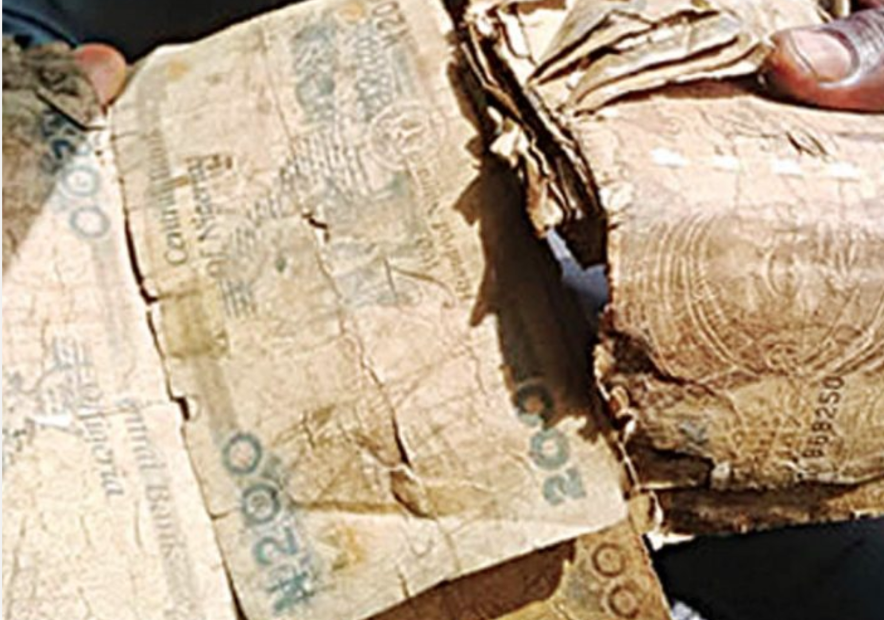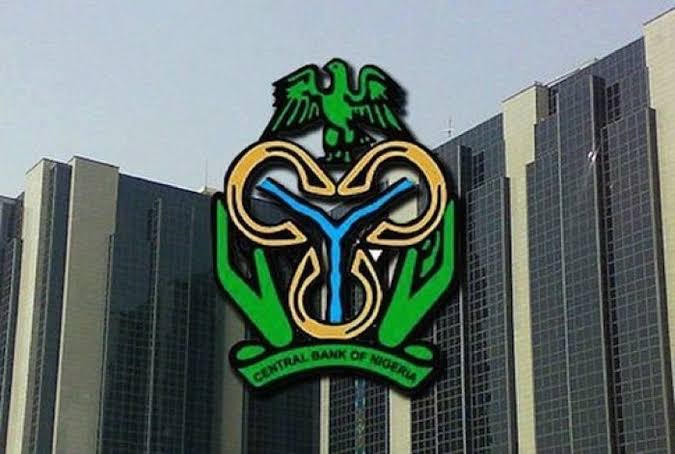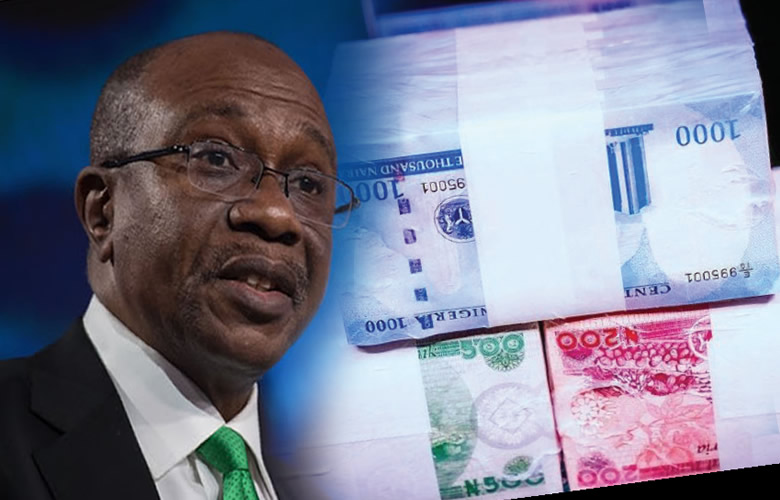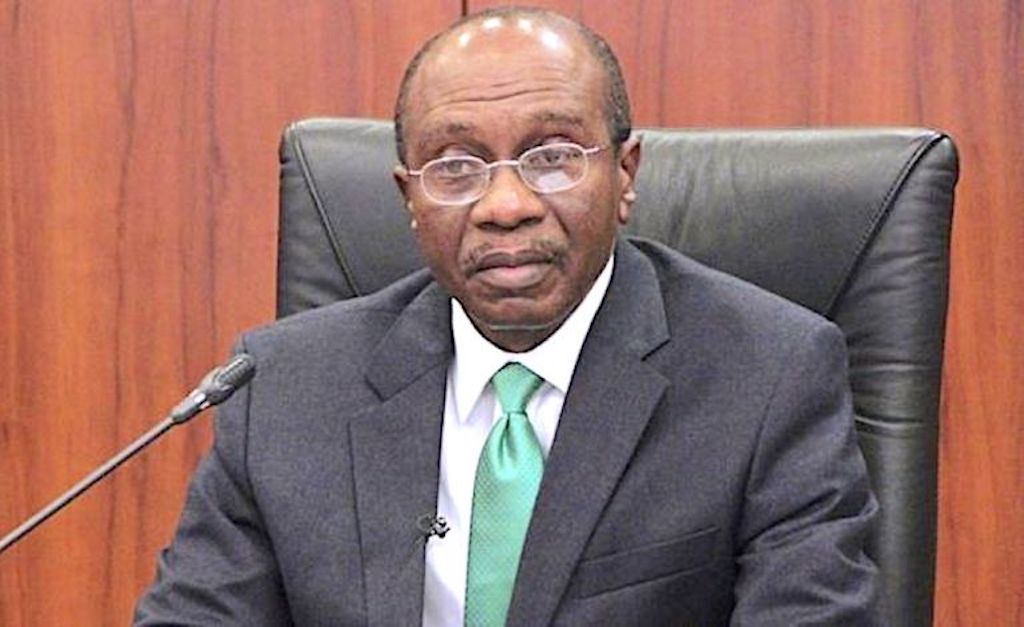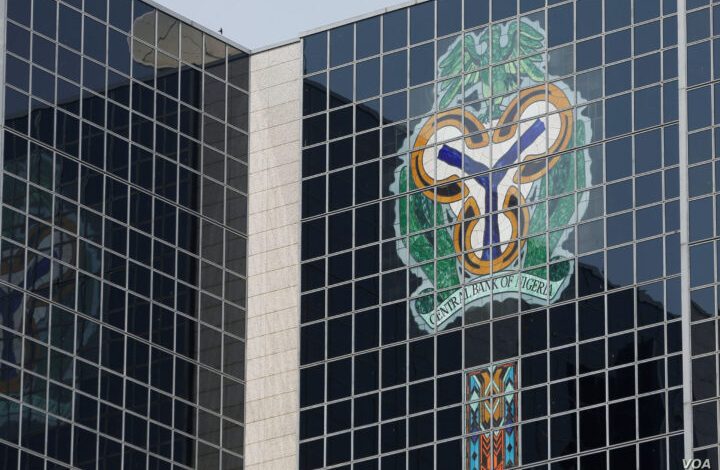NOVA Bank, formerly known as NOVA Merchant Bank, has officially commenced operations as a National Commercial Bank, as the bank opened its first commercial banking branch at 18, Kofo Abayomi Street, Victoria Island.
This follows the Central Bank if Nigeria’s (CBN) approval of the final license for the Bank to commence operations as a National Commercial Bank.
Apart from the newly opened branch in VI, the Bank announced that additional branches in Lagos, Abuja, Port Harcourt, and Kano, will follow shortly.
Speaking on the commencement of its commercial banking operations, Chairman and Founder of NOVA Bank, Mr. Phillips Oduoza, emphasised the Bank’s unwavering commitment to customer focus and delivering exceptional service.
He also seized the opportunity to introduce the innovative “PHYGITAL” model, which according to him, is a trademark of NOVA.
He said, “We are pleased to continue our tradition of excellence established as a merchant bank and further extend the banking experience to the retail end of the market. As we expand our services, we remain dedicated to delivering an unparalleled banking experience that seamlessly integrates the physical and digital realms.
“Our trademarked PHYGITAL experience combines a select number of strategically located physical branches with high-tech, seamless digital banking capabilities, ensuring that our customers receive the best of both worlds. This approach allows us to provide personalised, in-person service where it is most needed, while also offering the convenience and efficiency of cutting-edge digital solutions.”
The Managing Director/CEO of NOVA Bank, Wale Oyedeji, said, “For over half a decade, NOVA has been instrumental to the success of leading corporates and high-net-worth individuals, delivering tailored solutions to meet the unique needs of their businesses. As we evolve to serve a broader customer base, we remain committed to delivering innovative services, building on our legacy as a leading Merchant Bank.
“Through disruptive seamless digital products and services, we are poised to deepen financial inclusion, provide convenient and secure banking solutions, and elevate the SME market as a key economic driver”.
The Bank’s Group Head, Retail and Digital Banking, Mrs. Esther Adino, highlighted the innovative financial solutions that NOVA Bank offers, adding, “At NOVA Bank, we provide a comprehensive suite of banking services tailored to meet the diverse needs of individuals, SMEs, and large corporations. Our card solutions ensure convenience and security for everyday transactions. Our state-of-the-art mobile app empowers customers to manage their accounts, transfer funds, pay bills, and do much more, all from the convenience of their mobile devices. Additionally, we offer quick and efficient POS solutions that facilitate seamless transactions for SMEs and large businesses, along with flexible account options designed to cater to the varied financial needs of our customers.”
Since its inception in 2018, NOVA Bank has firmly established its presence in Nigeria’s banking landscape and beyond. Despite its relatively young presence in the industry, spanning just over five years, NOVA has consistently surpassed market expectations, posting profits and strengthening its position as an investment grade leading financial institution both domestically and globally.
The issuance of the national commercial banking license underscores CBN’s confidence in the strength of the Bank and, reflecting its robust financial health, good governance, and commitment to excellence.

